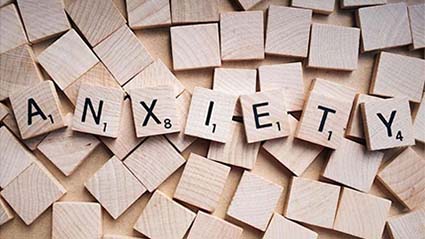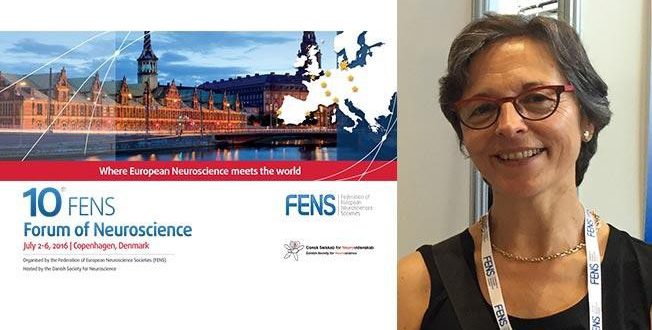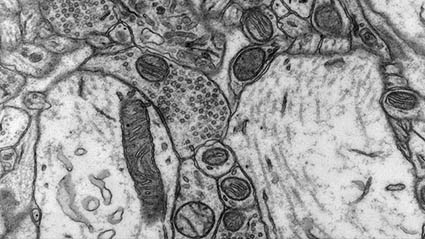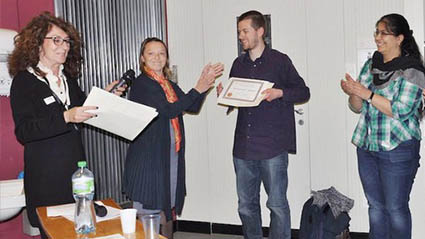19 July 2017
EPFL scientists have discovered how low-dose anxiolytics increase the social competitiveness of high-anxious individuals by boosting the energy output of mitochondria in an area of the mammalian brain that controls motivation and reward. Psychologists speak of anxiety in two forms: Read more…









